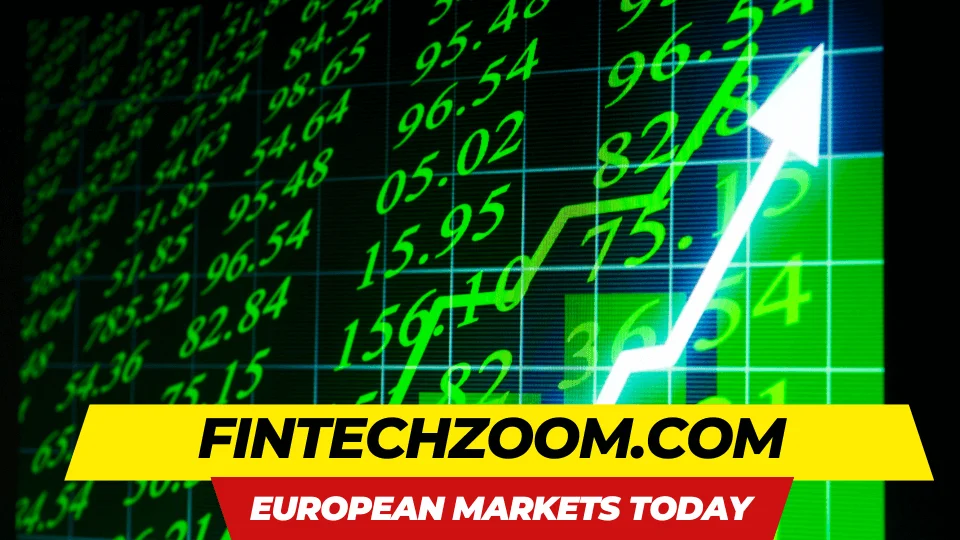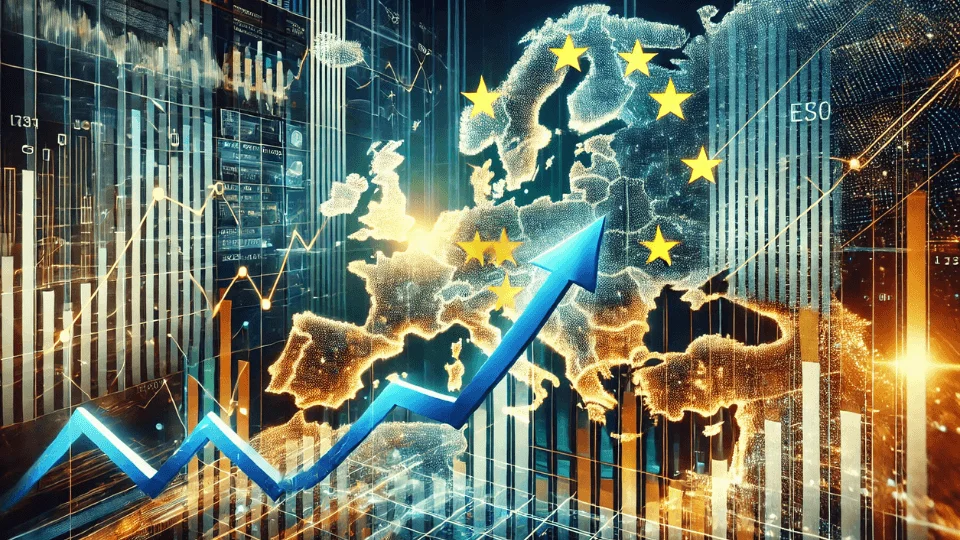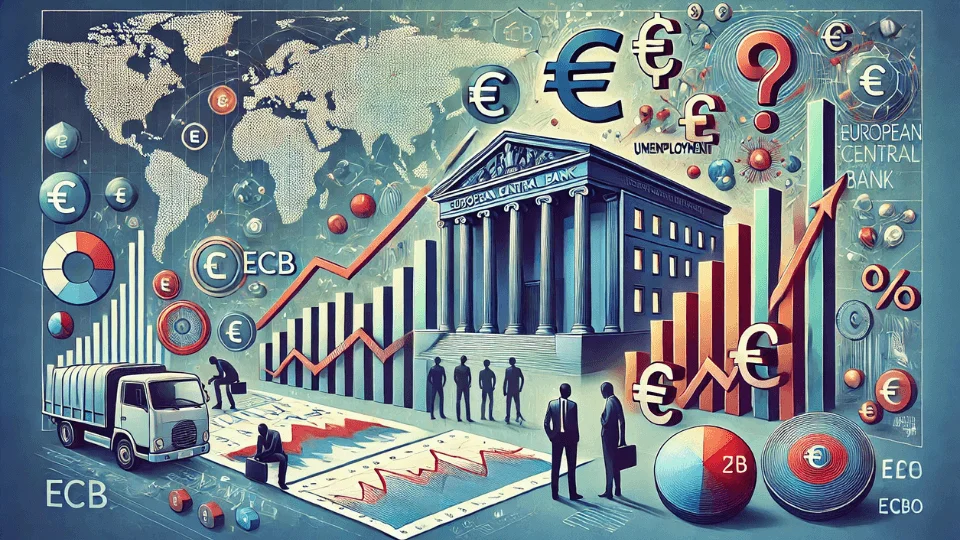FintechZoom.com European Markets Today

The European financial markets play a pivotal role in the global economy, and platforms like FintechZoom.com provide essential insights into their daily movements. From stock market indices to forex and commodities, staying updated on European markets is vital for investors and businesses alike. This article explores the current state of European markets as highlighted on FintechZoom.com, including market trends, sector performances, and economic indicators driving the changes.
Overview of European Markets

What Are European Markets?
European markets refer to the financial exchanges and trading platforms operating across Europe, including major stock exchanges like the London Stock Exchange (LSE), Frankfurt Stock Exchange (DAX), Euronext, and others. These markets serve as hubs for trading stocks, bonds, derivatives, and other financial instruments.
Importance of European Markets in Global Finance
European markets significantly influence global financial stability and economic trends. With a diverse range of industries, these markets are integral for:
- International trade: Europe is home to some of the world’s largest multinational corporations.
- Investment opportunities: The region offers a mix of mature and emerging markets.
- Policy influence: European Central Bank (ECB) decisions impact global interest rates and currency valuations.
Latest Trends in European Markets Today

Market Indices Performance
Major Indices Snapshot
FintechZoom.com provides real-time updates on major European indices:
- FTSE 100 (UK): Reflects the performance of the top 100 companies listed on the LSE.
- DAX 40 (Germany): Tracks the 40 largest and most liquid companies listed in Frankfurt.
- CAC 40 (France): Monitors the top 40 companies on the Paris Euronext.
- Euro Stoxx 50: Represents blue-chip stocks from 11 Eurozone countries.
Key Highlights from Today
- FTSE 100: A slight uptick due to strong performances in the energy and banking sectors.
- DAX 40: Mixed results, with tech stocks declining while automotive companies surged.
- CAC 40: Gains led by luxury goods companies and industrials.
- Euro Stoxx 50: Stable performance with minor fluctuations in tech and healthcare sectors.
Sector-Specific Performances

Technology
Tech stocks faced challenges today due to global semiconductor shortages and regulatory concerns.
Energy
Oil and gas companies benefited from rising crude prices, reflecting increased demand and geopolitical tensions.
Banking
Banks reported gains following the ECB’s recent decision to maintain interest rates, which positively impacts lending margins.
Economic Indicators Driving Market Trends

ECB Monetary Policy
The European Central Bank’s monetary policy decisions heavily influence market movements. Today’s trends were shaped by the ECB’s:
- Interest rate announcements
- Quantitative easing programs
- Inflation forecasts
Inflation and Employment Data
Rising inflation across Europe has spurred debates about future rate hikes. Additionally, employment data released today indicated:
- Germany: Unemployment rates remained stable at 5.6%.
- France: A slight decline in unemployment to 7.3%.
Global Factors
Global events such as the ongoing geopolitical tensions and US Federal Reserve policies also impact European markets.
Key Takeaways from FintechZoom.com

Real-Time Updates
FintechZoom.com excels in providing:
- Live market updates
- Sector-wise performance analysis
- Forex and commodity trends
Tools and Resources
Investors can leverage FintechZoom’s tools, including:
- Interactive charts
- Financial calculators
- Economic calendars
FAQs About European Markets on FintechZoom.com
What Time Do European Markets Open and Close?
European markets typically operate from 9:00 AM to 5:30 PM CET, though exact timings may vary by exchange.
How Reliable Is FintechZoom.com for Market Analysis?
FintechZoom.com is a trusted platform offering accurate and up-to-date financial information, making it a valuable resource for traders and investors.
What Are the Key Sectors in European Markets?
Prominent sectors include technology, energy, finance, healthcare, and industrials.
How Does the ECB Impact European Markets?
The ECB’s policies on interest rates and quantitative easing directly affect market liquidity, investor sentiment, and currency valuations.
Conclusion
European markets are dynamic and influenced by a myriad of factors ranging from local economic indicators to global geopolitical events. Platforms like FintechZoom.com play an essential role in demystifying these complexities, offering investors the insights they need to make informed decisions. Whether you are a seasoned trader or a novice investor, staying updated with platforms like FintechZoom can give you a competitive edge in navigating the financial landscape.






